MCG study looks at age, duration of obesity's effects on brain health
Ali Eroglu, PhD, is part of a larger team at MCG that has been studying the different aspects of the aging process.
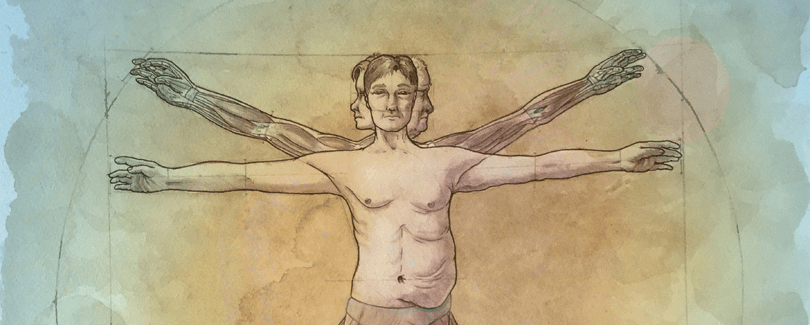
The Center for Healthy Aging is working to help the body repair itself as it grows synergy between the Medical College of Georgia at Augusta University and the community.
CHA has two primary parts: Musculoskeletal and Neuroscience. Each of these cross-cutting components include:
The Center for Healthy Aging is the only center of its kind in the Southeast that integrates research and clinical expertise in musculoskeletal, neurological, and orofacial repair to address critical unmet needs in the treatment and management of traumatic injury and degenerative disease.
Ultimately, the development of this Center will also require expansion of the clinical program in Geriatric Medicine with recruitment of a Section Chief in Geriatrics and one or two faculty slots. This will assist in development of the translational component of CHA and also establishment of a comprehensive Center where geriatric patients can come for their clinical care and also provide a pool for recruitment into clinical trials.

Your support is essential to the research, education, & outreach missions of The Center for Healthy Aging.
For additional assistance with making a gift, please contact our office at 706.721.4548
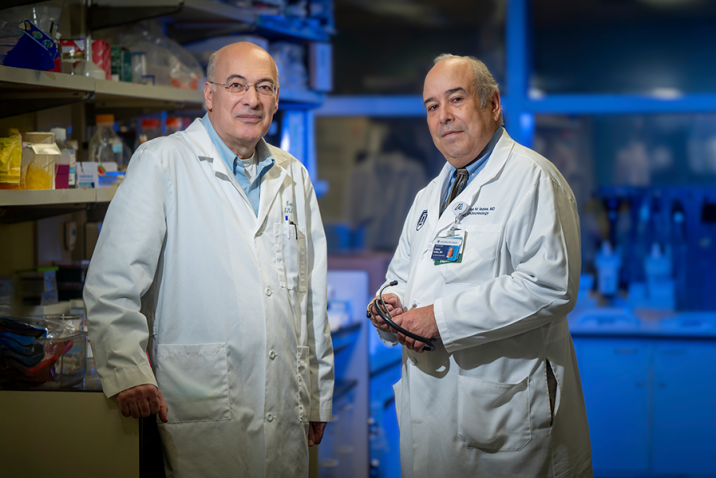
Ali Eroglu, PhD, is part of a larger team at MCG that has been studying the different aspects of the aging process.
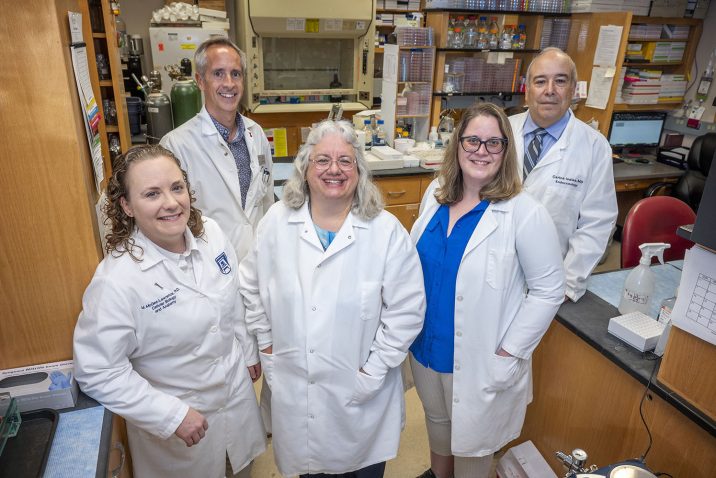
The research team believes the answer may be in how stress hormones signal the skeleton to make more bone making cells instead of bone-dissolving ones
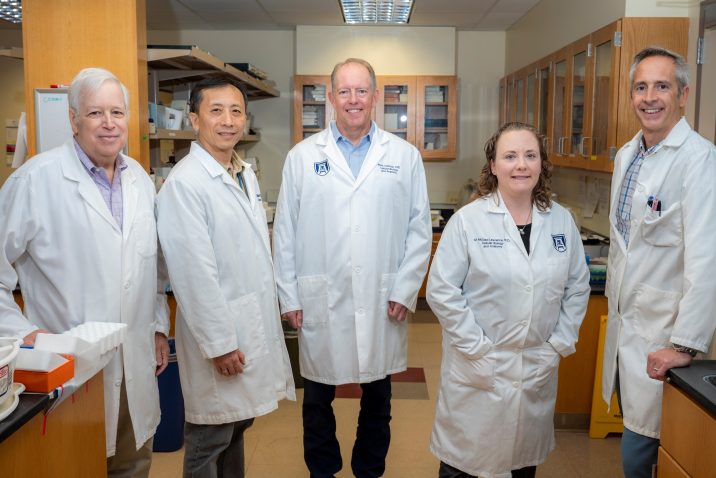
Antiretroviral cocktails can make human immunodeficiency virus, or HIV, undetectable and untransmittable, but both the virus and its treatment can also accelerate aging of bone and muscle.
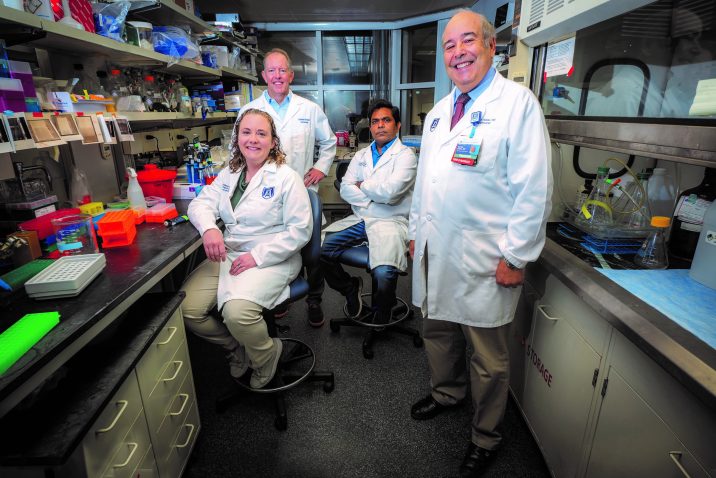
The awards celebrate the Georgia legislative, academic, corporate and advocacy leaders working to advance the life sciences industry and foster strategic partnerships that can create a healthier world.